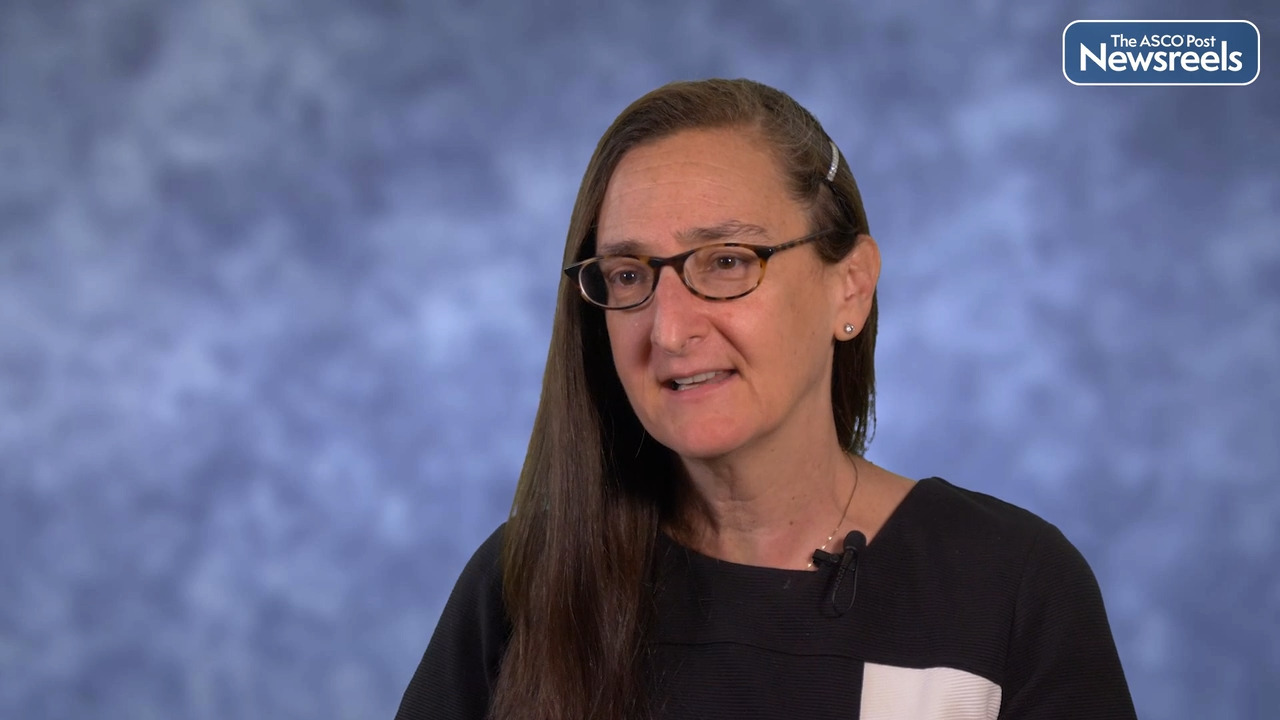Transcript
Disclaimer: This video transcript has not been proofread or edited and may contain errors.
As we know that lung cancer is the second most common cancer diagnosed and the leading cause of cancer death in the United States. And the housing insecurity is a important social determinant of health that can influence and be influenced by cancer diagnosis and care across the continuum. So, there are multiple pathways through which housing insecurity can affect cancer patients, and one of them is housing discrimination.
In this study, we look at the area level mortgage denial rate as a marker for the sustained lending discrimination and the neighborhood disinvestment. And we then investigated the association between residing in areas with high mortgage denial rates and the result of quality cancer care and outcome among individuals diagnosed with non-small cell lung cancer.
To investigate that, we selected individuals diagnosed with non-small cell lung cancer between 2014 to 2019, from the National Cancer database. So, the NCDP is a nationwide hospital-based cancer registry. It captures about 70% newly diagnosed cases in the US and it is co-sponsored by the American College of Surgeons at American Cancer Society, and it collects detailed and standardized information on patients tumor treatment and outcomes in all states.
The mortgage data were collected from the Home Mortgage Disclosure Act database, which is publicly available and has information on mortgage lending practices. So, we estimated the mortgage denial rate as the proportion of denied home loans, to the total of completed home loans. And we categorize them into quantiles, where level one is the lowest, and the level four is the highest. And in this study, we have multiple outcomes of interest.
First, the result of guideline concordant care, including surgery or radiation, lymph nodes evaluation, new adjuvant chemo radiation and adjuvant chemotherapy. So, the treatment eligibility and the result of guideline concordant care were defined based on the National Comprehensive Cancer Network guidelines.
Our results showed that individuals residing in areas with high mortgage denial rates were less likely to receive guideline concordant care for non-small cell lung cancer. And this association was consistent across all treatment sub-groups, with an exception for new adjuvant chemo radiation.
Similarly, we found that individual residing in areas with high mortgage denial rates had worse access to timely chemotherapy and had worse overall survival.
Our findings highlight the critical needs to understand the pathways, through which institutional practices leading to barriers in access to resources such as mortgage denials, can negatively affect access to equitable cancer care and outcomes.





